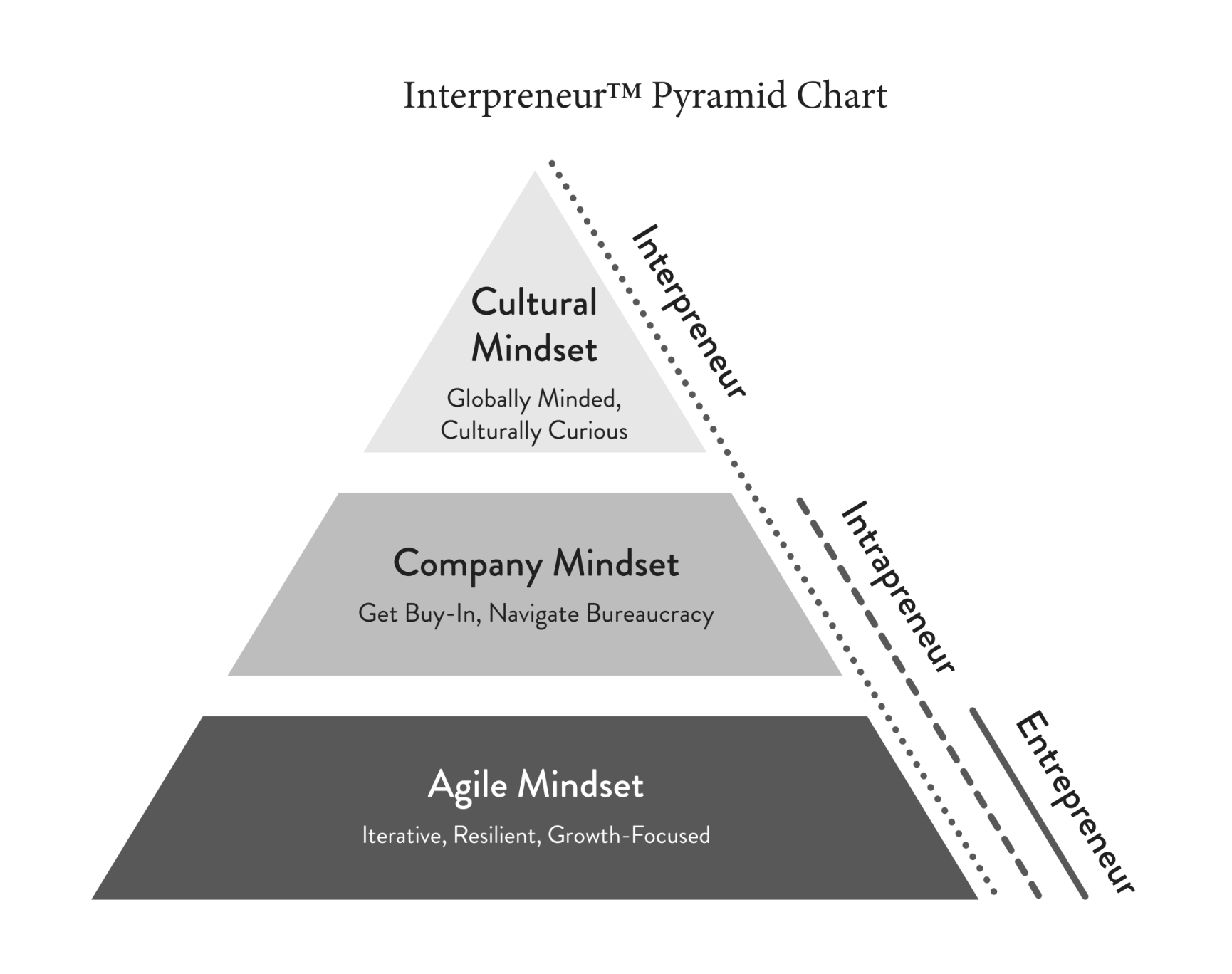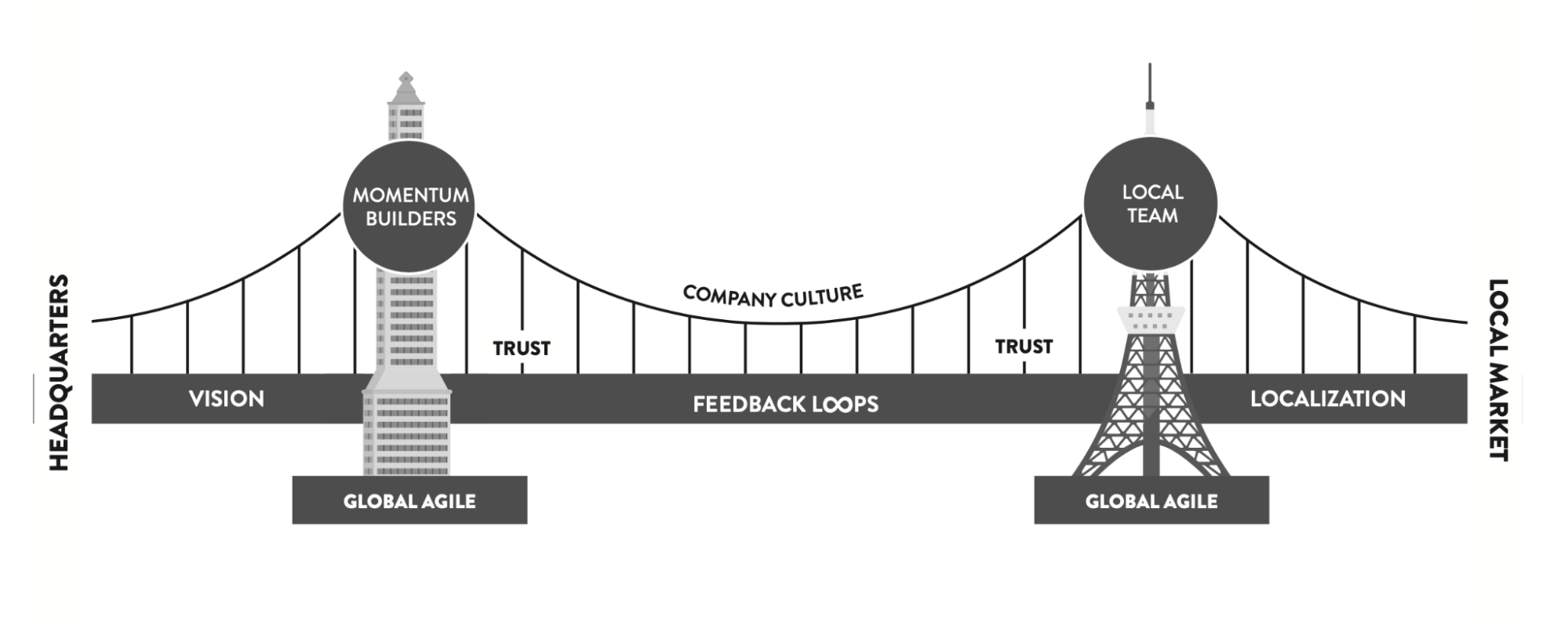Global Class: Get Ready to Enter the World Stage With Klaus Wehage
Klaus Wehage is an MBA Hult graduate, Wall Street Journal bestselling author, and founder of one of the leading global accelerators, 10X Innovation Lab. After graduating from Hult International Business School, Klaus pursued an international career focused on scaling startups. It is here the foundation was laid to develop the first-ever book on international growth and expansion. Fast forward to eight years later, Klaus’ book, Global Class, has been endorsed by Eric Ries, Steve Blank, and more than 40+ executives from the fastest-growing companies in the world. Here, Klaus breaks down the findings of the book thematically, with advice on how both companies and individuals can navigate international markets.
Don’t reinvent the wheel
My co-author, Aaron McDaniel, and I discovered that companies tend to reinvent the wheel and make a lot of the same mistakes. This resulted in challenges for companies to be successful in international markets. They would lose not only a lot of money but also the valuable time needed to stay competitive. Part of the issue was the lack of resources available for global executives. The team went on a quest to find “patterns of success” to help guide startups as well as corporates through this process. There are, in particular, three key themes covered in the book:
- A global mindset
- A unique spin on the agile methodology
- A management model
Theme 1: A global mindset for expansion success
Despite all the different strategies companies used to scale globally, there was one common ingredient, “INTERpreneurs”, as in international entrepreneurs. This is the term we coined to refer to the people who were the catalysts for the successful global growth of their companies.
While the backgrounds and paths of these global business leaders varied, Intrapreneurs shared a common mindset that proved to be a difference-maker in their companies reaching a global scale. If you imagine a three-layered pyramid—the foundational layer is an “agile mindset”— an ENTREpreneurial mindset that has been around for ages. Over the last 15 years, companies of all sizes have wanted entrepreneurs who can navigate the complexities of their organizations.
This is called the INTERprenuerial mindset—the middle layer. The final layer, common to entrepreneurs, is a CULTURAL mindset. Cultural curiosity, global-mindedness, and cultural sensitivity are key; possessing the empathy to understand and localize a business for a new market. This top layer is what sets Interpreneurs apart and we believe will become the most sought-after mindset/skillset over the next decade. This mindset is becoming ever so more important in today’s age considering how divided we are part of our mission is to promote curiosity in other cultures and find ways to connect people who are otherwise miles apart.


Combining mindsets
A perfect example of an Interpreneur is Abe Smith who leads international at Zoom. In the early 90s, Abe taught English in a tiny Japanese fishing village in Kyushu Japan (cultural mindset). This showed Abe there was a world beyond his backyard and set his career off on a completely new trajectory. He ended up working at a small bagel company and helped them to expand to Japan, eventually leading to an acquisition by Quaker Oats (agile mindset). Later, he took on international roles for large companies like WebEx, Oracle, etc (company mindset). His international experience and cultural mindset led him to be tapped to lead global growth at Zoom.
Hult International Business School fosters this globally minded workforce that Global Class believes will enable growth and international success for emerging businesses.
Cultural curiosity, global-mindedness, and cultural sensitivity are key…This is what we believe will become the most sought-after mindset/skillset over the next decade.
Theme 2: A new take on agile
The agile methodology has revolutionized product development, company building, and corporate innovation. The only problem is, in its purest form, it doesn’t work as effectively in a multinational context. Pivoting to find the right model in a single market is one thing, but when done in multiple markets it leads to a complex mess of different operating models. This is why we propose a global layer on top of the agile methodology.
Pivoting to find the right model in a single market is one thing, but when done in multiple markets it leads to a complex mess of different operating models.
In our research, we found that the key to success in penetrating new markets is localizing. However, the success at reaching a global scale was managing the complexity of the localization process. Complexity was often an afterthought for many companies, who prioritized speed. Once they had launched in a few countries they hit a wall, needing to stall their growth. This was required to build the foundation to support global scale. With this organizational challenge in mind, we developed a brand new strategy tool that could help.
A way forward
The tool is a spider-chart framework that we call the Localization Premium Analysis. With rings that encircle the initial market’s model in the center, the degree of change needed to succeed in a new market is illustrated. The framework shows a 6-pointed web, the top three being go-to-market-related localizations, and the bottom three being operational localizations. One of the key risks that companies face is that they solely emphasize go-to-market. They often forget that there are a lot of hurdles on the operational side of an expansion.


One key aspect related to localization is culture and, in Global Class, it is touched on in the following story.
DocuSign, a digital signature company could easily have decided to continue using its signature feature in Japan. But, as many people know, handwritten signatures are not common in Japan. Instead, people use a physical stamp system called Hanko. Instead of insisting on the “company way”, the team at Docusign embraced the cultural significance of the Hanko. They partnered with Shachihata, a manufacturer of physical Hanko stamps to create a digital version. An important decision by former CEO Keith Krach and Chief of Stuff Hiro Rodriguez led to the success of DocuSign in Japan.
Theme 3: Autonomy and trust
While autonomy is the lifeblood of local market success, it can’t be granted in a vacuum. HQ has a channel to ensure that the company vision, goals, and culture are being internalized by local teams. Also, local teams must have a conduit to initiate localizations and share best practices with HQ. These feedback loops lead to the creation of structures and processes that support local and global market penetration.
A balanced approach to autonomy means you don’t exhaust resources by granting too much autonomy to local teams. This is illustrated in our Global Class Management Model which outlines these key aspects. We use the analogy of a suspension bridge as company culture has to be strong and be a guiding light.


Rakuten’s co-founder and CEO, Hiroshi Mikitani holds an Osaka, or morning meeting, every Monday. In this town hall-like setting Mikitani-san explains the rationale behind certain decisions. He ties them to core values and uses the opportunity to reinforce the company’s culture. The meeting is recorded and then sent to offices across the globe. Later the same day, regional teams will conduct their askaris, sharing their feedback loops, and increasing trust.
In the book Global Class, the authors share many more tools and insights that can enable everyone to be successful in international markets. By nature, Hult graduates are the stewards of the Interprenuerial mindset. We are globally-minded business leaders. We would love for you to join the movement and connect with us as we look to make global growth a shared experience.
You can connect with Klaus on LinkedIn and purchase a copy of the Global Class via Amazon.


